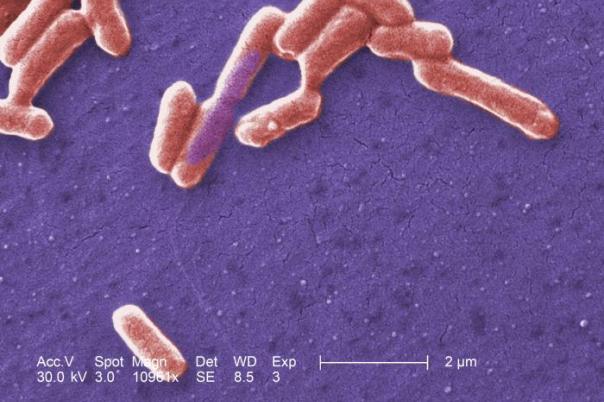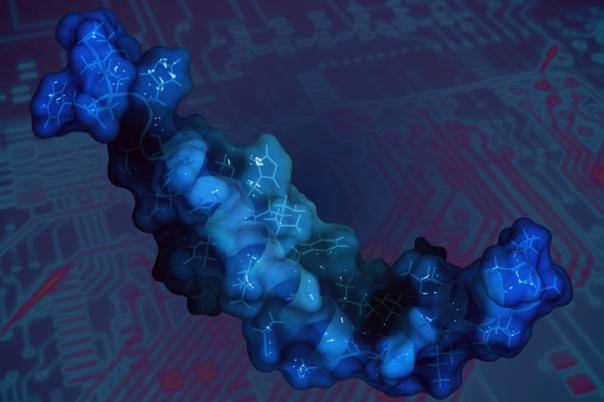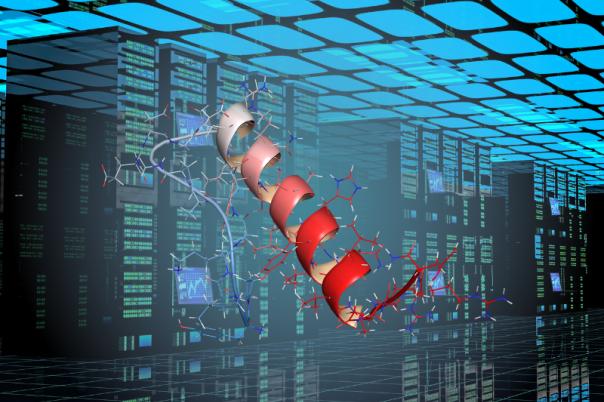Thomas Hoeg-Jensen, Scientific Director at Novo Nordisk, explored how recombinant expression and chemical and enzymatic transformation can produce semi-synthetic peptides. Hoeg-Jensen explained that producing insulin via solid-phase synthesis is complicated because it is difficult to scale up production.
Insulin has two chains with three disulfides and was discovered 100 years ago. Early insulin was extracted from pig pancreases, but now recombinant expression is used to produce human insulin analogues. The insulin structure makes recombinant production critical for ton-scale output.
There is ongoing research into glucose-sensitive insulins that adjust their biological activity in response to blood glucose levels, which could significantly improve diabetes management. Hoeg-Jensen expanded further on this explaining that for diabetes patients it is hard to dose insulin and when patients eat a meal they need fast-acting insulins. He stated: “When insulin is expressed recombinantly, it's made as a single chain precursor that spontaneously forms the correct disulfides because it has a connecting peptide.”
Hoeg-Jensen discussed several chemical modifications that can modify insulin activity. For example, the first chemically modified insulin on the market was a long-acting insulin with a fatty acid in B29, which followed a similar process to acetylation. Other enzymes can modify B30, lysine at high pH, and other positions. Radio labelling can also target specific tyrosines.
Although oral insulin delivery is the preferred option due to its patient-centric approach there are issues linked to delivery such as low bioavailability. Hoeg-Jensen mentioned noting that technologies like peptide cyclisation have been explored but injectables remain the most viable option Moreover, modern injection technologies, using fine needles and small volumes, were noted to be nearly painless, alleviating concerns about injection discomfort.
Balancing chemical diversity with industrial scalability remains complicated. Furthermore, low bioavailability limits insulin's oral delivery. Hoeg Jensen emphasised the environmental and economic benefits of recombinant production systems like yeast and mammalian cells, which outperform bacterial batch processes. Novo Nordisk has embraced compound sharing to promote research in peptide chemistry and encourage collaborative efforts.






